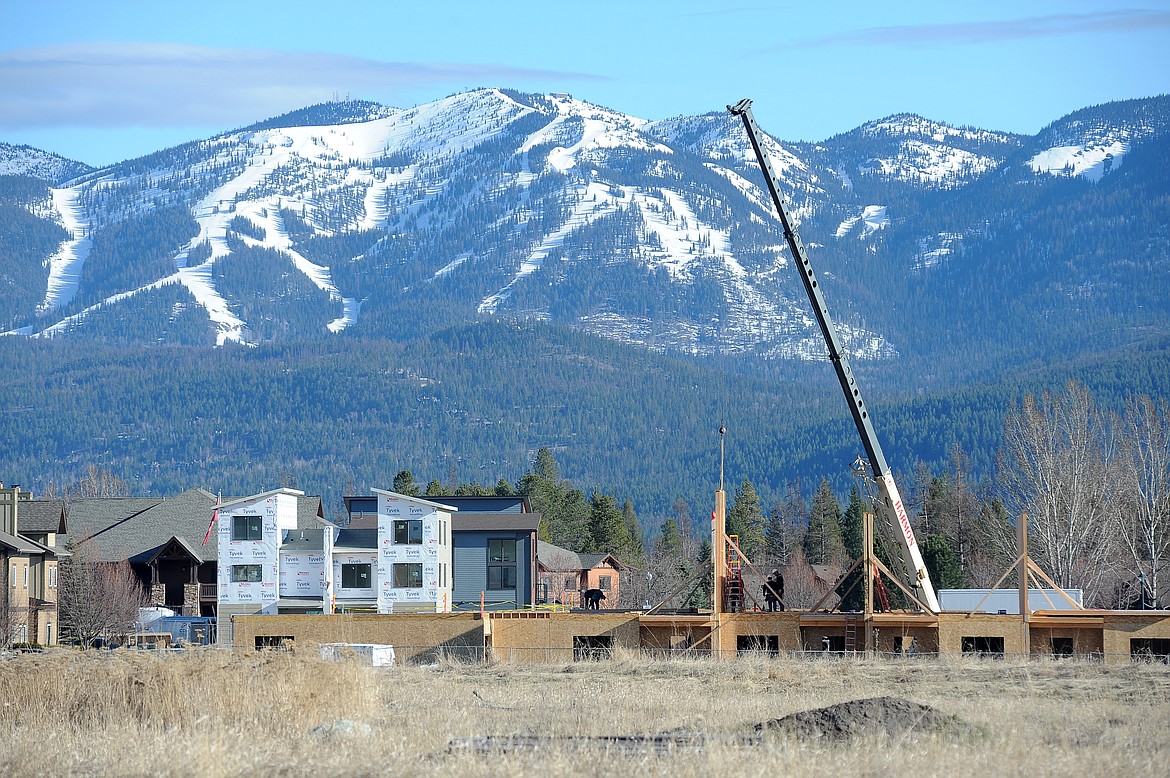Census shows growth in almost every corner of the Flathead
Results of the 2020 Census show Flathead County gained more than 13,400 residents over the previous decade, a nearly 15% increase that gave the county a population of more than 104,000 and made it the fourth largest county in Montana.
Roughly half of that growth occurred within the city limits of Kalispell, Whitefish and Columbia Falls, while the rest occurred in unincorporated parts of the county...
Support Local News
You have read all of your free articles this month. Select a plan below to start your subscription today.
Already a subscriber? Login
Daily Inter Lake - everything
Print delivery, e-edition and unlimited website access
- $26.24 per month
Daily Inter Lake - unlimited website access
- $9.95 per month

